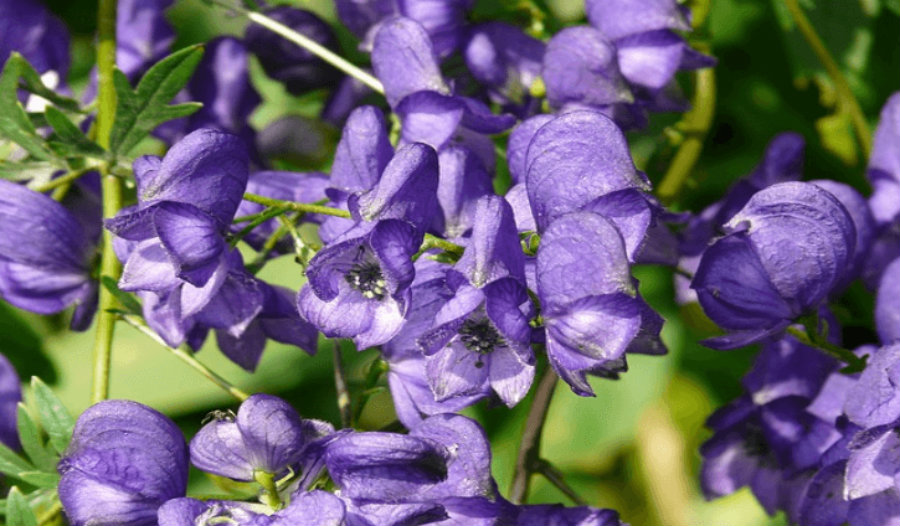The Department of Public Health of the state of San Francisco reported this Sunday the poisoning of two persons after consuming tea at Sun Wing Wo, a local Chinatown shop. After the two cases had gone public, local health authorities warned all citizens about the risk of consuming that particular tea, since both poisoning cases produced severe illnesses in the patients.
The official press release stated that two persons, one man and one woman, bought tea from the store located in San Francisco’s Chinatown. After each had consumed the drink, they had to be resuscitated since they were suffering from a severe case of poisoning.

“Each affected person quickly developed weakness, and then life-threatening abnormal heart rhythms, requiring resuscitation and intensive hospital care. A plant-based toxin, Aconite, was found in lab tests of the patients and the tea samples they provided,” the official press release read.
Both patients are still under medical observation as their situation remains critical.
Aconite, a poisonous plant
Further analysis showed that the tea contained aconite, a plant-based toxin. Aconite, also called wolf’s bane, is known for its poisonous content, as the roots of most of its specimens contain significant amounts of alkaloid pseudaconitine, which can be severely harmful to humans when consumed.
Ironically, aconite is known as the “Queen of all Poisons,” and among its uses, there is the making of medicinal herbal potions and, of course, when done carefully, the making of several kinds of teas.
This plant is well known for being dangerous and, in fact, a British gardener died back in 2014 after he accidentally brushed against one aconite plant. The gardener, named Nathan Greenway, reported signs of poisoning for almost 30 hours before his death. His case was so rare that he was thought to have the Ebola infection, The Telegraph reported.

Historically, this plant is also known for being used in warfare situations, especially when they are put in arrow tips. Since all parts of the aconite are poisonous, primarily the roots, ancient civilizations used their toxic features in their weapons.
According to the British Homeopathic Association, there are many mythological explanations of the origin and name of the aconite. For example, and according to Pliny the Elder, its name is based on a zone located on the Black Sea called Aconae, which is known for being the place were the first aconite was discovered.
Some of the symptoms caused by aconite poisoning
Local health authorities presented to the public a body of symptoms produced by aconite poisoning in order to make people aware of a possible illness after an incorrect consumption of the substance. According to the NIH, an aconite-based tea could not be harmful when prepared right. However, officials also said that there is no antidote in case the poison is consumed.
Among the symptoms produced, there are sensibility abnormalities such as numbness or tingling of the face, mouth, or limb weakness in the limb paralysis; cardiovascular abnormalities like dangerously low blood pressure palpitations, chest pain, or irregular heartbeats; and gastrointestinal abnormalities like nausea, vomiting, abdominal pain, or diarrhea.
Source: Inquisitr
